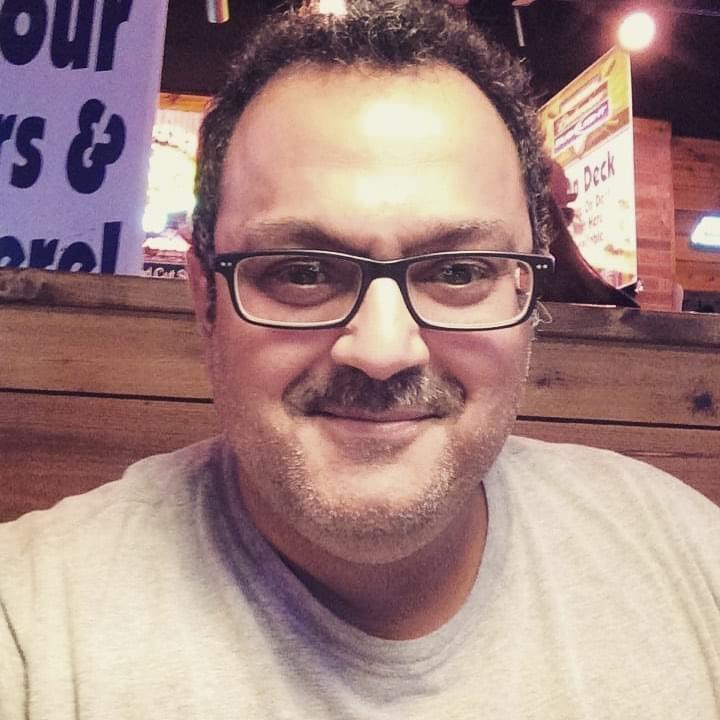
Yaser Kattoah is the Kidney transplant Coordinator for Nephology dep’t at Armed Forces Hospital, Taif KSA. Prior to joining the Kidney Transplant team in Military Hospital, he was working as Administration Organ transplant Coordinator in KFSHRC- Jeddah for almost 12 years. Additional to that, Yaser worked as an Administration for 7 years at the Saudi German Hospital in Jeddah.
Yaser graduate with bachelor degree in Communication Studies from Robber Morris University in Pennsylvania, Pittsburgh 2012 with excellent degree. Besides, he received his Diploma in Hospital Management & Health Care in 1997 from the Administration College of the Makkah Chamber of Commerce.
In addition, He received his Organ Transplant Diploma (Transplant Procurement Management Diploma) in 2007 from institute for lifelong learning, Spain - university of Barcelona
He holds membership with, the transplantation society, Saudi nephrology club and International Transplant Coordinator Society-USA lastly Mr. Yaser has receive the travel grant at the international society for organ donation and procurement (ISODP) devoted to ( improving consent via patient support groups) in 2007 Philadelphia – USA .
During the Covid-19 crisis, he did not stop continuing his education, despite the circumstances that the whole world went through. Yaser decided to enroll in three important online diplomas at Oxford University in the United Kingdom: the Management and Leadership Diploma, the Risk Management Diploma, and finally the Project Management Diploma, and he passed all of them successfully and with distinction.
Three decades of kidney transplantation in Saudi Arabia: Growth, innovation, and resilience
Rayyan Abdullah Alyahya1, Besher Attar1, Abdulkarim Ibrahim Al Shadookhi1, Abdullah Tawfeeq Alsadoon1, Ban Abdullah Alzaid1, Talal Turki Algoufi1.
1Medical Department, Saudi Center for Organ Transplantation, Riyadh, Saudi Arabia
Introduction: Over the past three decades, the field of kidney transplantation in Saudi Arabia has witnessed significant growth, innovation, and diversity in organ sources. Living related donor transplants have steadily increased, and living unrelated donor transplants were introduced in 2010. This study aimed to assess the progress and resilience of the transplantation field in overcoming global challenges, such as the COVID-19 pandemic, and adapting to changing circumstances.
Methods: A retrospective analysis of kidney transplantation data from various transplant centers across Saudi Arabia was conducted, focusing on living and deceased donor transplants. The total number of kidney transplants, along with the distribution of living related, living unrelated, and deceased donor transplants, were analyzed to evaluate the growth and success of kidney transplantation in the country.
Results: In 2022, living related donor transplants reached their highest numbers, showcasing the progress and resilience of the transplantation field. King Faisal Specialist Hospital (KFSH) in Riyadh emerged as a leading kidney transplant center, performing 432 kidney transplants, including 363 living related, 16 living unrelated, and 53 deceased donor transplants. In total, transplant centers performed over 1,160 kidney transplants.
Conclusion: The narrative of kidney transplantation in Saudi Arabia demonstrates the dedication of healthcare professionals and the positive impact of these procedures on countless individuals and families. Despite the slight decline in deceased donor transplants due to the COVID-19 pandemic, living donor transplants remained stable, reflecting the resilience of the transplantation field. Continued focus on innovation and adaptation to global challenges will be crucial in further advancing kidney transplantation outcomes in Saudi Arabia.